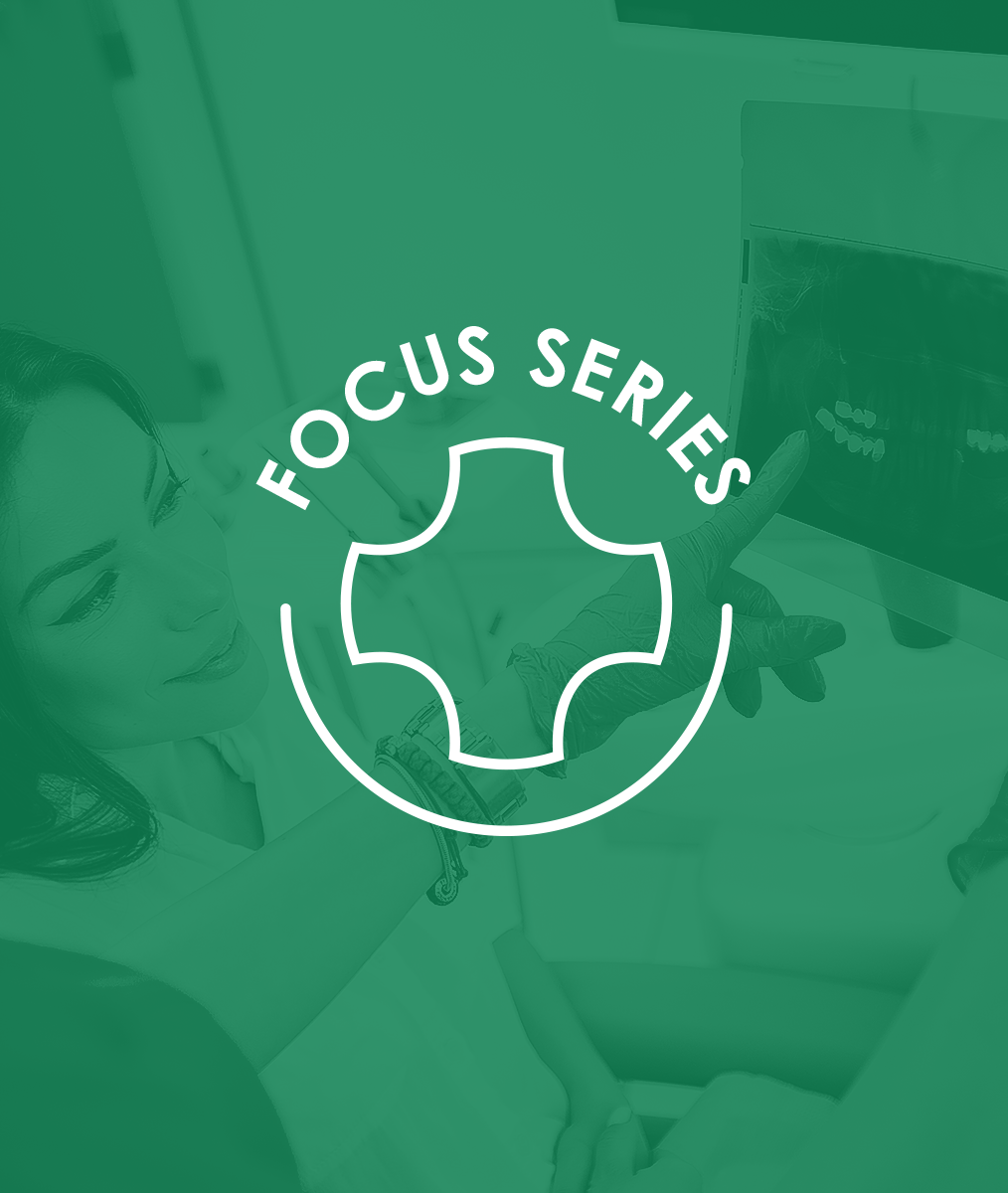Gratitude and Appreciation
One day an elderly woman came into the office without an appointment. Mrs. Blanchard was a tall woman wearing a large, flowered hat and a black ribbon around her neck. She had the airs of an aristocrat. She had been referred to the office by her next-door neighbor who told her Dr. Pankey was the dentist who did not believe in pulling teeth. When she came in, she refused to sit down and asked to talk to the dentist immediately. When asked why Mrs. Blanchard was there she told the receptionist it was both professional and personal.
L.D. escorted her to his private office. She immediately said, “Dr. Pankey I understand you do not extract teeth.”
L.D. Said, “I do not extract teeth; however, if you need extractions, I will send you to a good oral surgeon in Miami.”
She interrupted, “That is the reason I am here. I do not want to lose my teeth.” She had ready been seen by two dentists and both said she needed dentures. Her plan was to have only Individual teeth extracted when she was in pain. She asked if he would be willing to try to save her teeth. Because she was a walk-in they made another appointment for a proper examination, x-rays, and time for a consultation.
When she came back, he told her he thought she could keep most of her teeth; however, he couldn’t promise all of them. He also told her he had been studying with some of the best dentists in the country and would do his best. Although she did not ask him, he quoted her a fee large enough to allow him to redo work if necessary. She showed no concern about the fee, so they got started.
She needed a couple of extractions and endodontic procedures. During the healing time, he did simple restorative dentistry. Her treatment took three and a half months. L.D. told her everything he was doing and why. She became extremely interested in the process. He used the Munson articulator and followed Taggart’s 1912 “chewing in” technique. All the crowns were done directly in the mouth using compound impressions, amalgam dies, and denture card wax to create a functionally generated path. When everything was completed, he put her on a three-month cleaning regime. Happily, the dentistry lasted until Mrs. Blanchard was 81.
Being a little eccentric, Mrs. Blanchard never wanted to sit in the reception room. When she did come in for her cleanings, she preferred sitting in L.D.’s private office. One day, during the midst of the Great Depression, she was in his office paging through an American Dental Association journal that she had found on his desk. An article about the upcoming International Dental Congress meeting in Paris, France caught her interest.
When L.D. came into the room she asked, “Are you going to this meeting in Paris?” He said, no I am very busy here with my practice and keeping my staff working.”
Two weeks later she returned and asked to see L.D. As usual, she was sitting in his private office when he came in. She said, “I still think you should go to the International Congress in Paris because you have great potential. I want you to go, and I want you to travel first class. I would like to pay all your travel expenses, all your office expenses including your staff, and compensate you for the time lost in your practice. When you go, I want you to travel all over Western Europe because that is where our civilization came from. You need to see London, Florence, Rome, Vienna, Heidelberg, and of course, Paris. Now, are you willing to go?”
L.D. was totally taken aback. Mrs. Blanchard had a great deal of gratitude for the time L.D. had spent learning how to treat her problem and for the care and understanding he gave her during and after her treatment. The enormity of her gratitude and appreciation was whelming.
After talking to his wife and his staff, he did go to Europe, and he did go to the Congress in Paris. Little did he know what a profound impact this gift would have on his life. Mrs. Blanchard had given him the opportunity to expand his knowledge of dentistry and the potential to become a leader in dentistry.
Related Course
E1: Aesthetic & Functional Treatment Planning
DATE: October 16 2025 @ 8:00 am - October 19 2025 @ 2:30 pmLocation: The Pankey Institute
CE HOURS: 39
Dentist Tuition: $ 6800
Single Occupancy with Ensuite Private Bath (Per Night): $ 345
Transform your experience of practicing dentistry, increase predictability, profitability and fulfillment. The Essentials Series is the Key, and Aesthetic and Functional Treatment Planning is where your journey begins. Following a system of…
Learn More>









